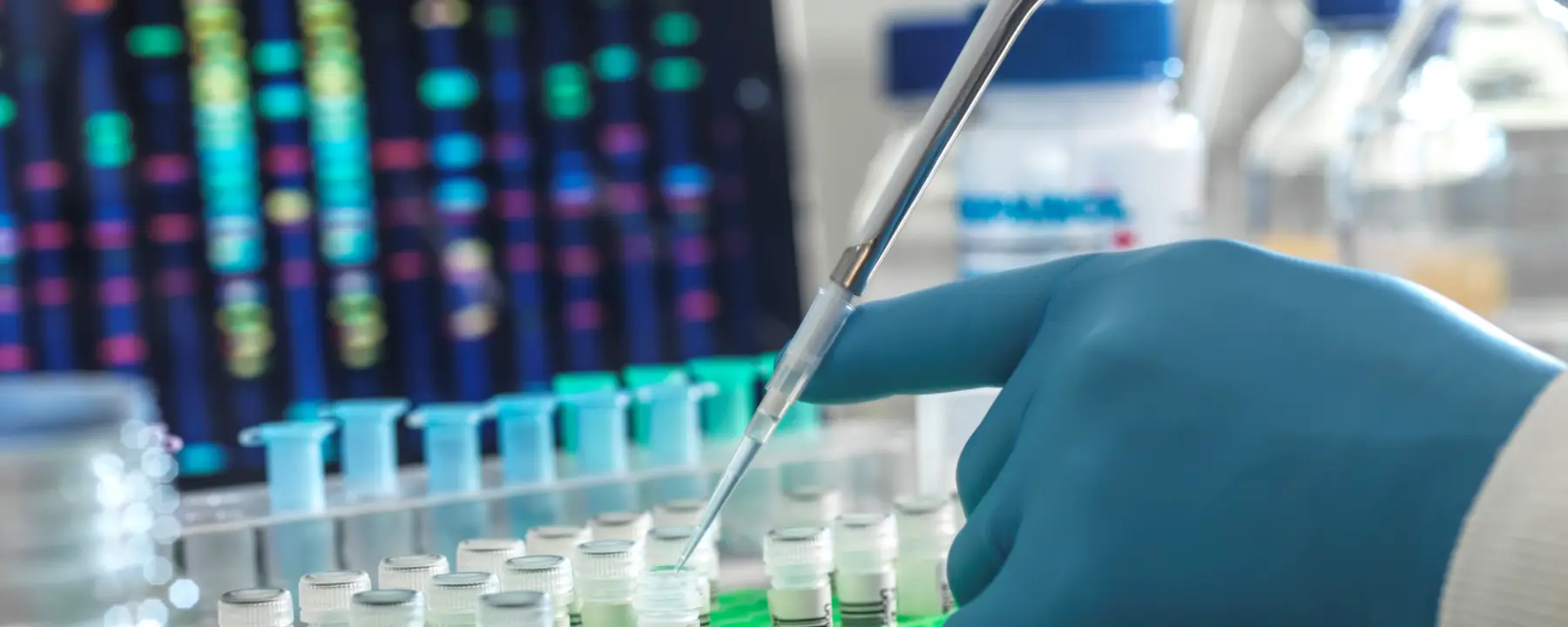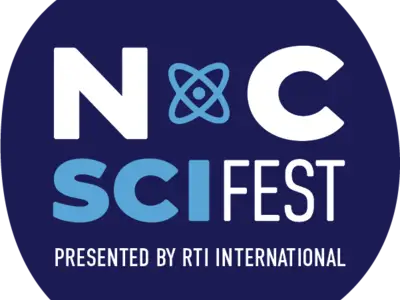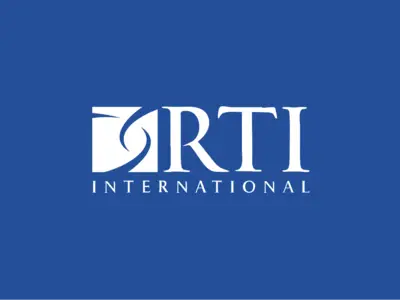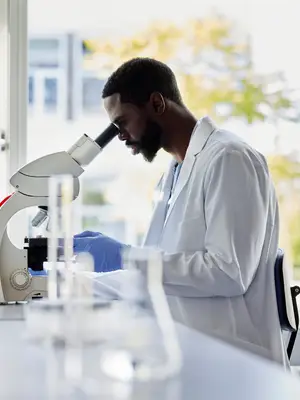Continuously improving the current state of forensic science and its application to public health and safety and the criminal justice system
Investigations and Forensic Science focuses on the application and social impact of forensic science and other investigative approaches to seek a holistic understanding of the factors, challenges, and processes that affect investigations and justice within the criminal legal system. We explore innovation, standards, and advances in public safety through research, knowledge translation, technology transfer and evaluation, and training and technical assistance.
Our program is grounded in both research and application. We seek to improve our methodologies through ongoing research and collaboration with experts in the field. We also prioritize practical application to ensure that our efforts have the greatest impact in real-world investigations, thus improving public safety.
Our multidisciplinary approach to supporting advancements in investigative techniques and forensic science allows us the insight and ability to craft individualized results for our clients. Through our collaborations with members of the forensic science community, including scientists that investigate crimes, deaths, and other threats to public safety and public health, we develop innovative approaches and actionable data to solve challenges faced by governmental agencies, forensic laboratories, and criminal justice practitioners.
Our highly-skilled team of multidisciplinary experts and technical advisors perform research and create educational resources and quality assurance programs designed to improve the field of forensic science by turning knowledge into practice. We have subject matter experts in several forensic disciplines and specialized topics including analytical techniques, chemistry, crime scene investigation, fingerprint examination, firearms and toolmarks examination, laboratory quality, leadership and management, medicolegal death investigation, molecular biology (DNA), anthropology and toxicology.
RTI experts work to establish linkages across data system such as NIBRS and NAMUS to gather important information related to potential subjects, victims and family members which aids in the resolution of complex cases and brings closure to family and loved ones.
Project Highlight
The Sexual Assault Kit Initiative (SAKI) Training and Technical Assistance (TTA) Program
The SAKI TTA program supports coordinated teams of police officers, prosecutors, crime laboratory professionals, sexual assault nurse examiners (SANEs), forensic medical personnel, and victim services agency members. SAKI TTA provides victim-centered and sustainable practices; these practices help with collecting and processing forensic evidence, investigating and prosecuting sexual assault cases, and supporting sexual assault survivors.
Project Highlight
National Forensic Laboratory Information System (NFLIS)
Since 1997, RTI has been contracted to develop and administer NFLIS, a database that includes results of drug analyses conducted by nearly 300 state and local forensic laboratories, representing approximately 1.5 million drug reports each year. Substances analyzed reflect drug evidence secured by law enforcement operations nationwide. The NFLIS program is expanding to include ante- and postmortem toxicological results from public and private toxicology laboratories and medical examiner and coroner offices.
Project Highlight
The Census of Medical Examiner and Coroner Offices (CMEC)
CMEC focuses on the medicolegal death investigation system in the United States, providing a national picture of medical examiner and coroner offices, including personnel, expenditures, workload, capabilities and procedures, and resource needs. The goal of the project—which will collect data from more than 2,100 medical examiner and coroner offices across the country—is to provide improved information on the capabilities of medical examiners and coroners, the types of data systems and record retention procedures used, and the resource needs of these offices.
Project Highlight
Controlled Substances Case Processing Study
Past surveys of forensic crime laboratories have shown that the majority of requests for forensic services involve controlled substances. One consequence of increased requests for drug analysis is significant increases in laboratory backlogs. RTI conducted case studies and stakeholder interviews in 10 U.S. jurisdictions to gain an improved understanding of the processing of controlled substances—from collection (law enforcement), to analysis (forensic laboratory), to adjudication (prosecutors)—including factors that influence decision-making at each stage in the process. The study identified practices for improving system-level efficiencies with drug cases, including reduced case backlogs and increased guilty pleas.
Related Projects
Enhancing NamUs: National Missing and Unidentified Persons System
Read More about Enhancing NamUs: National Missing and Unidentified Persons System



















